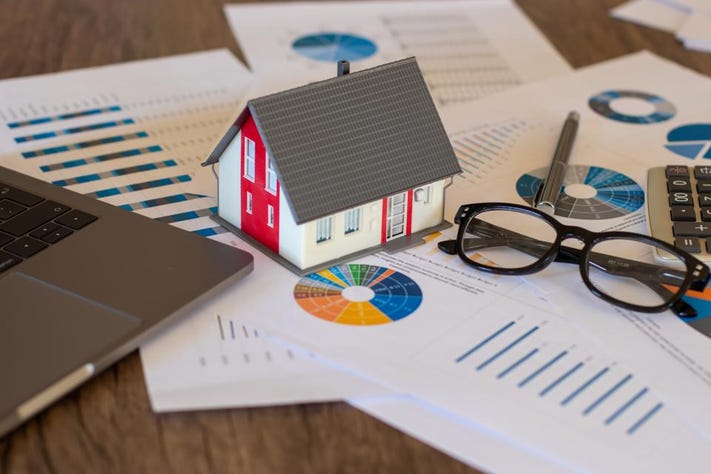Although property development is a lucrative market, but it is also high-risk. This profession has been around since the ancient age, and even today, it is one of the most popular professions. Whether the individual is a seasoned property developer or a novice, a lot of planning and organization goes into development.
Why Consider Property Development?
In the past, there were very limited ways to generate an extra source of income. Some chose to invest in properties for letting out, while others turned to the stock market, which was a risky venture. Only tycoons would consider investing in property development.
Today, more and more people in the UK are turning towards the property development. That is because the biggest advantage of property development is the potential to generate a hefty return on investment. However, identifying an ideal development opportunity is itself a challenging task, especially for the first-time developers.
Property development industry may look easy, but rushing into the development with limited knowledge and experience can lead to disastrous outcomes. You should be completely aware about what goes into the development and what risks are involved before starting the development project. It is no brainer that you will need to do intensive research on potential properties while scouting and selecting the development site.
Here is a list of factors that you need to keep in mind before undertaking any development project.
1 Determine your goals for the property development
The first and foremost step in the property development project is to determine your goals and objectives. Whether you are planning to renovate a property or build from the ground-up, you must identify what works need to be carried out and how you plan to meet your goals before the process begins. Ask yourself what you are planning to achieve from the project? Are you willing to sell all the dwellings or wish to retain some? How much investment will be required? How much capital do you have? What is your estimated return on the investment? How much time it will take to complete the project? The list goes on. Start the project only after you are certain that you have answered all the questions feasibly.
2 Identify all the risks involved
Before you undertake an infrastructure development project, it is crucial to identify all the potential risks that could hinder your project and lead to negative consequences as a result. One of the common concerns regarding property development is acquiring planning permission and any supporting documents that local authorities may ask for. Additionally, think about what if the property market takes a downturn that results in higher overhead charges and decreased property prices until the development work is finished. Think about the worst of all outcomes and how you would manage them.
3 Work out on your finances
Once you have identified risks and all prepared to start a property development project, it is time to determine the budget for the build and working out your finances. Figure out how much the development project will cost, how much capital you can afford to invest and what amount you will need to borrow. There are several ways you can raise funds for your property development project. Development finance is one of the best ways to secure funds, which are particularly offered to property developers or investors. Development finance lenders offer flexible lending criteria and it is one of the quickest financing solutions.
4 Conduct market research
Before commencing any development work, conduct a thorough market research and have a complete understanding of your target audience. You need to assess what amenities are available in your location, how properties are being sold, what potential buyers look for and if there is a space for you in the market. It can become difficult to survive if there is a fierce competition in the market. You can do market research using internet resources and contacting local estate agents who can help you acquire valuable information about upcoming development projects, current property rates and the process of obtaining planning permission. Conducting a property market research will also help you determine the target audience for selling or renting your developed property.
5 Build a professional network
A professional network is your net worth. You need to build contacts with every professional who is involved in the property development. A project manager will take all your responsibilities and make sure the development progresses as planned. An accounting professional will take care of all legal matters. You also need to consider every product or service that will be required in the development. Services of plumbers, electricians, painters, interior designers and other professionals may be required for the project to reach its final stage. Good relations with these professionals will boost your confidence and allow you to achieve deadlines with quality work.
Are you ready to undertake a property development project?
By now, you already have a clarity about the critical property development factors that you need to consider to succeed in your development project. You may have plans and permits ready to begin the development, but if you are running short on funds or unable to acquire sufficient money to support your development project, your project may never reach the completion. Fortunately, there are many development bridging finance in London lenders out there who are willing to offer a large sum of money at attractive interest rates. You can raise funds in the least possible time and repay the amount when you sell out your developed property or refinance it.

